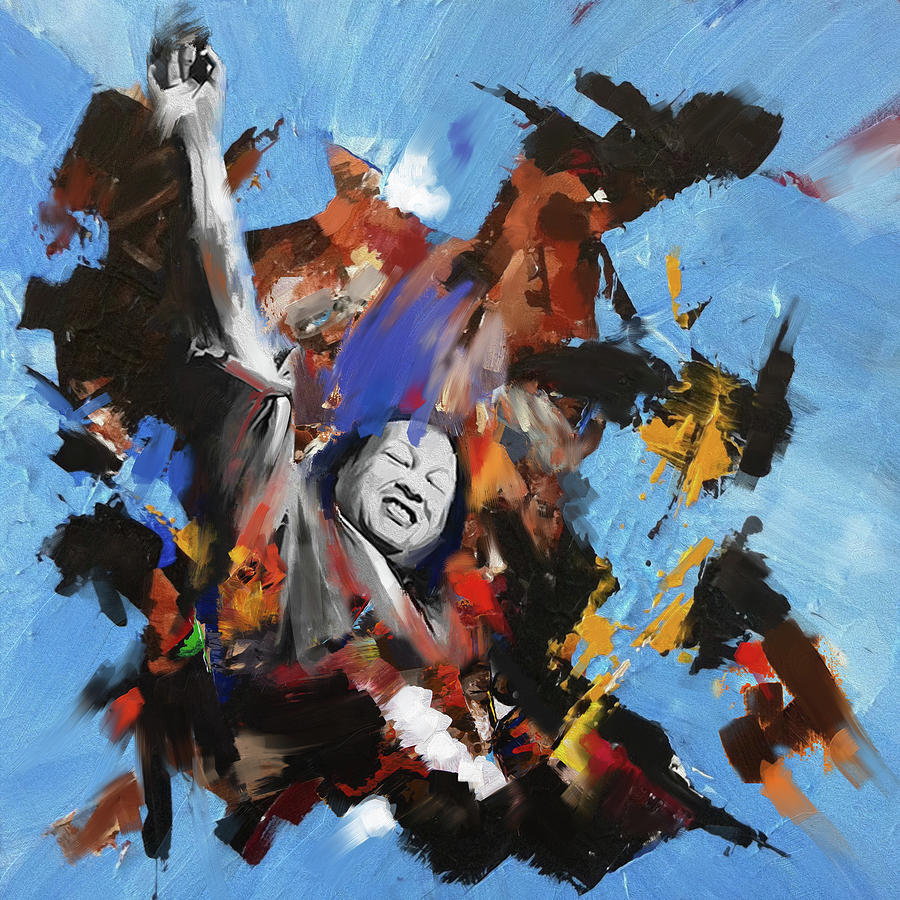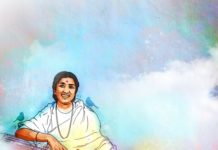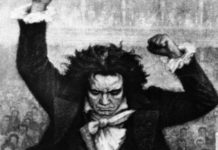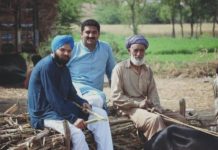Pakistani music has always attracted the listeners from throughout the world. It is a melodious blend of classical, sufi rock and pop. Ghazal’s and Geets has always been a great feature in Pakistani miusic. Hip Hop and Disco were first introduced in Pakistan’s Music with Ahmed Rushdie’s all time hit Ko Ko Korina.
In the era of 70’s Pakistani music witnessed the worst decline as there was political instability in the country. People were more concerned with the political updates instead finding means for entertainment. Pakistani cinema also lost its grip as most of the cinema houses were shut down in the country. Fall of East Pakistan was also a major factor following Indo-Pak border tensions.
From the ashes of declined and devastated music industry Shoaib Mansoor launched the ever melodious “The Benjamin Sisters”. A few years later there came another music sensation named Alamgir. Influenced by the pop music Alamgir sang “Albela Rahi”, with this he gave birth to new form of music in Pakistan. It was a blend of classical and western music. With his songs topping the music charts in Pakistan he became the most successful artist of his era.
In the early 80’s when the queen of pop sang “Aap Jaisa Koi” for an Indian film, it became an immediate hit. After that Nazia alongside her brother Zohaib produced hit after another. Their songs “Disco Deewane” and “Dil Bole Boom Boom” were massive hits. Their first album became the biggest seller of Asia.
With General Zia coming to power the music industry received yet another setback as he introduced Islamic rules in the country. Music videos featuring women dancing and singing were banned. Religious political parties also played their part in damaging the industry as hard as they can. However this was big blow to a developing music industry which anticipated a bright future.
Despite the tough and conservative era of General Zia, Pakistan’s music industry evolved. Nazia and Zohaib teamed up to produce melodious music in the country. In 1986 the Vital Signs released their first single “Dil Dil Pakistan” which became the ultimate hit of that time. They got recognition from all over the country. The band was giving hits after hits in the early 90’s like “Aeitbar”, “Hum Tum”, “Wo Kon Thi”. With the success of Vital Signs it opened the gates for many new comers.
In the early 90’s Junoon with their sufi music took the music industry by a storm. They introduced the energetic live stage performances in the India-subcontinent. They were a band with vision; they sang rebellious songs which provoked the sentiments of the people. Their single “Jazba-e-Junoon” became the signature song of cricket world cup.
In the 90’s Pakistan’s music industry was at its prime with many promising young musicians making their way in the industry. With the likes of “Strings” Aamir Zaki, Awaz, Aamir Saleem, Haroon (singer),Faakhir Mehmood and Awaz.
In the late 90’s a Punjabi pop song “ Bilo de ghar” sang by Abrar-ul-haq was a super hit. The song topped the music charts. It was very musch unexpected for the singer himself. He introduced the Punjabi pop with the touch of Punjabi bhangra. Najam Sheraz, Shazad Roy, Hadiqa Kayani and Adnan Sami Khan also rocked the people with their songs in the mid 90’s.
The music industry in Pakistan grew and gathered popularity, but the current law and order situation has restricted the concerts in the country. New music sensation emerged in the shape of Atif Aslam, Ali Zafar, Jal, Roxen etc. Coke studio and Nescafe basement has become phenomenal hits in the recent times. It has also given opportunities to the new musicians .It is one of its own kind which involves the fusion music. The Pakistan Idol series and The voice of Pakistan was also launched so that the new musicians can showcase their talent. These are certain healthy initiatives which are taken in the recent times to strengthen the music industry of Pakistan.








